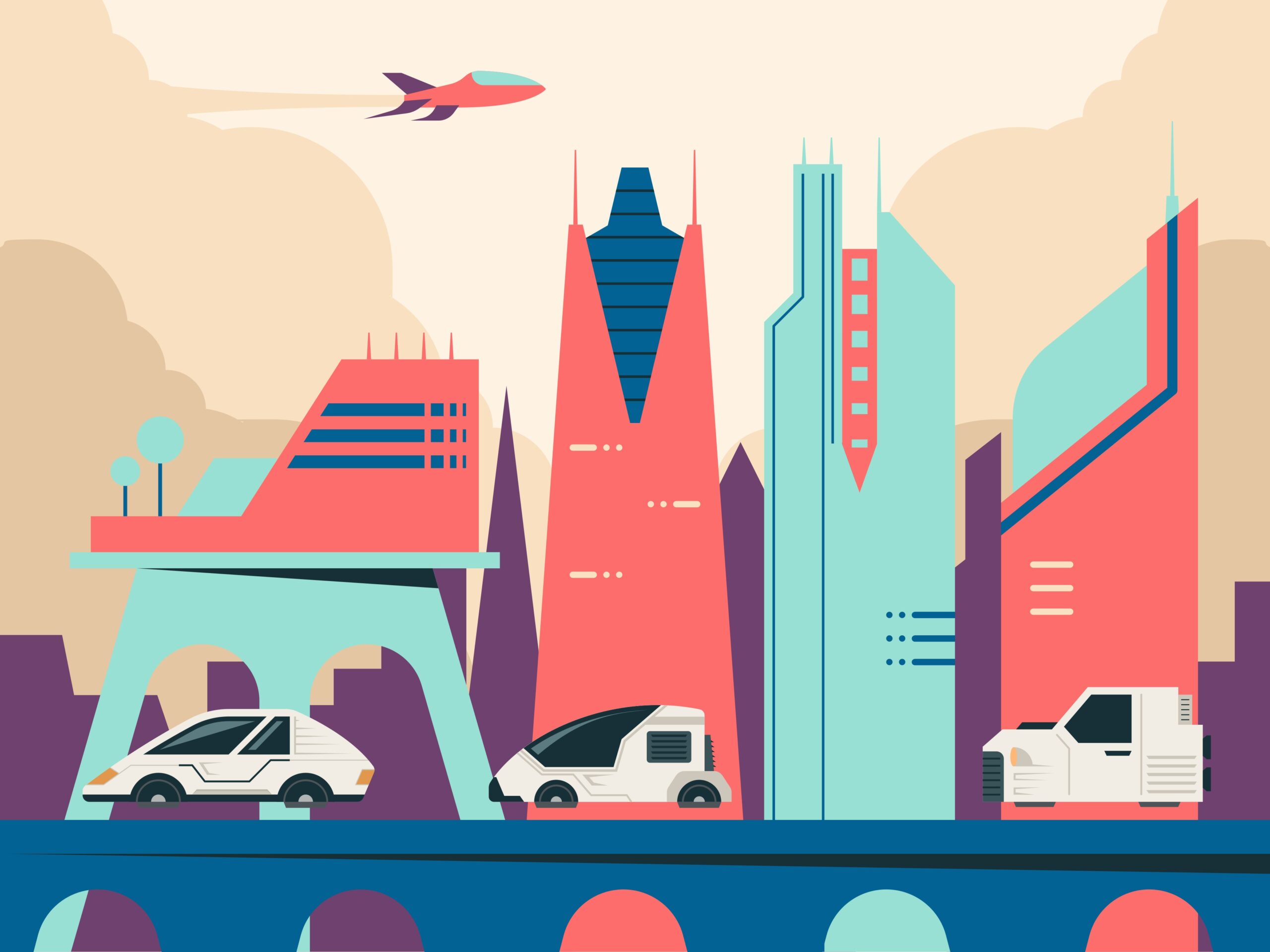AI music, also known as algorithmic or generative music, has the potential to disrupt the music industry in several ways. Here are some potential implications:
- New Creative Possibilities: AI music generation can create an unprecedented level of creative freedom, allowing artists to experiment with new sounds, styles, and collaborations. This could lead to innovative and diverse music that pushes the boundaries of traditional genres.
- Democratization of Music Creation: AI music tools can make music creation more accessible to people without extensive musical training or experience. This democratization can lead to a proliferation of new artists, sounds, and styles, potentially disrupting traditional industry gatekeepers.
- Compositional Assistance: AI can aid human composers in their creative process, automating tasks like chord progression suggestion, melody generation, or even entire track composition. This could lead to increased productivity and efficiency in music production.
- Royalty-Free Music: AI-generated music can be created without the need for human composers or performers, potentially reducing or eliminating royalties and performance rights fees. This could disrupt the traditional music licensing and royalties ecosystem.
- New Business Models: AI music can enable new business models, such as subscription-based services offering customized, AI-generated music for specific moods, activities, or environments. This could challenge traditional music streaming and sales models.
- Virtual Artists and Performers: AI-generated music can create virtual artists or performers that can perform, tour, and interact with fans, potentially blurring the lines between human and artificial creativity.
- Music Curation and Discovery: AI can analyze vast amounts of music data, identifying patterns and recommending music to listeners. This could disrupt traditional music curation methods, such as playlists and radio stations.
- Music Education and Training: AI-powered tools can provide personalized music lessons and training, potentially disrupting traditional music education institutions and methods.
- Music Therapy and Wellness: AI-generated music can be used in music therapy, creating personalized soundtracks for mental health, relaxation, or focus. This could lead to new opportunities for music in healthcare and wellness.
- Job Displacement: The increasing use of AI in music creation could potentially displace jobs in the music industry, such as composers, producers, and musicians, leading to significant changes in the industry’s workforce.
However, it’s essential to note that AI music also raises important questions about:
- Authorship and ownership of AI-generated music
- The potential homogenization of music styles and loss of human creativity
- The need for new regulatory frameworks to address AI-generated music
- The impact on the value of human creativity and emotional connection in music
As AI music continues to evolve, it’s crucial for the music industry to adapt and find ways to harness its potential while addressing the challenges and implications that come with it.

Leave a Reply